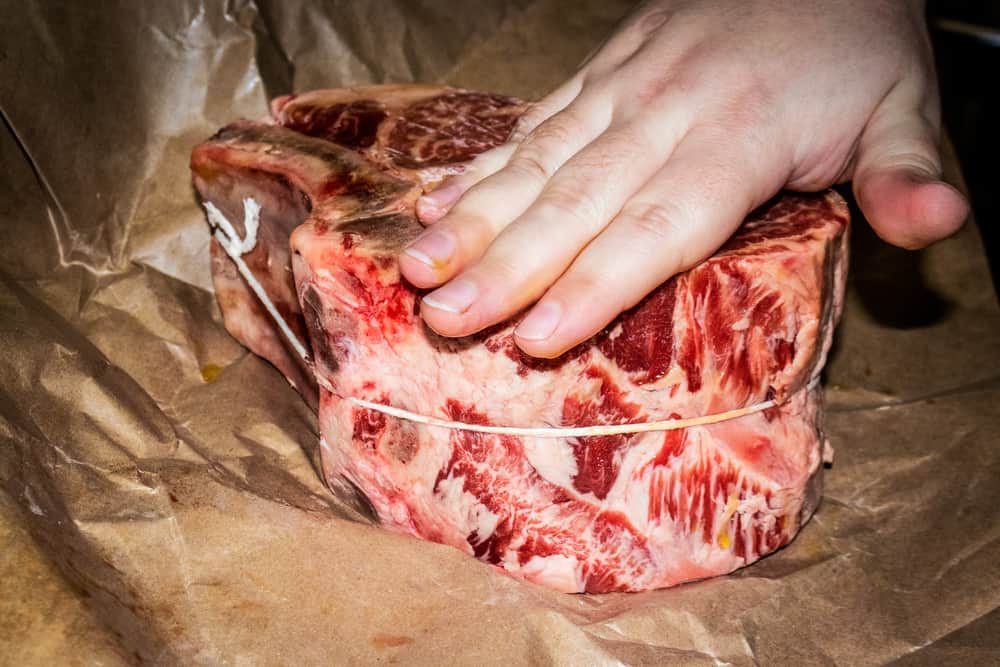Winter Wins: Smoked Prime Rib That Warms the Soul
Winter is officially here – cold winds, early nights, and the kind of chill that makes you dream of hearty, comforting meals. Enter the smoked prime rib, a show-stopping centerpiece that doesn’t just fill plates – it warms the soul. Unlike traditional roasts that risk being dry or boring, a properly smoked prime rib delivers … Read more

